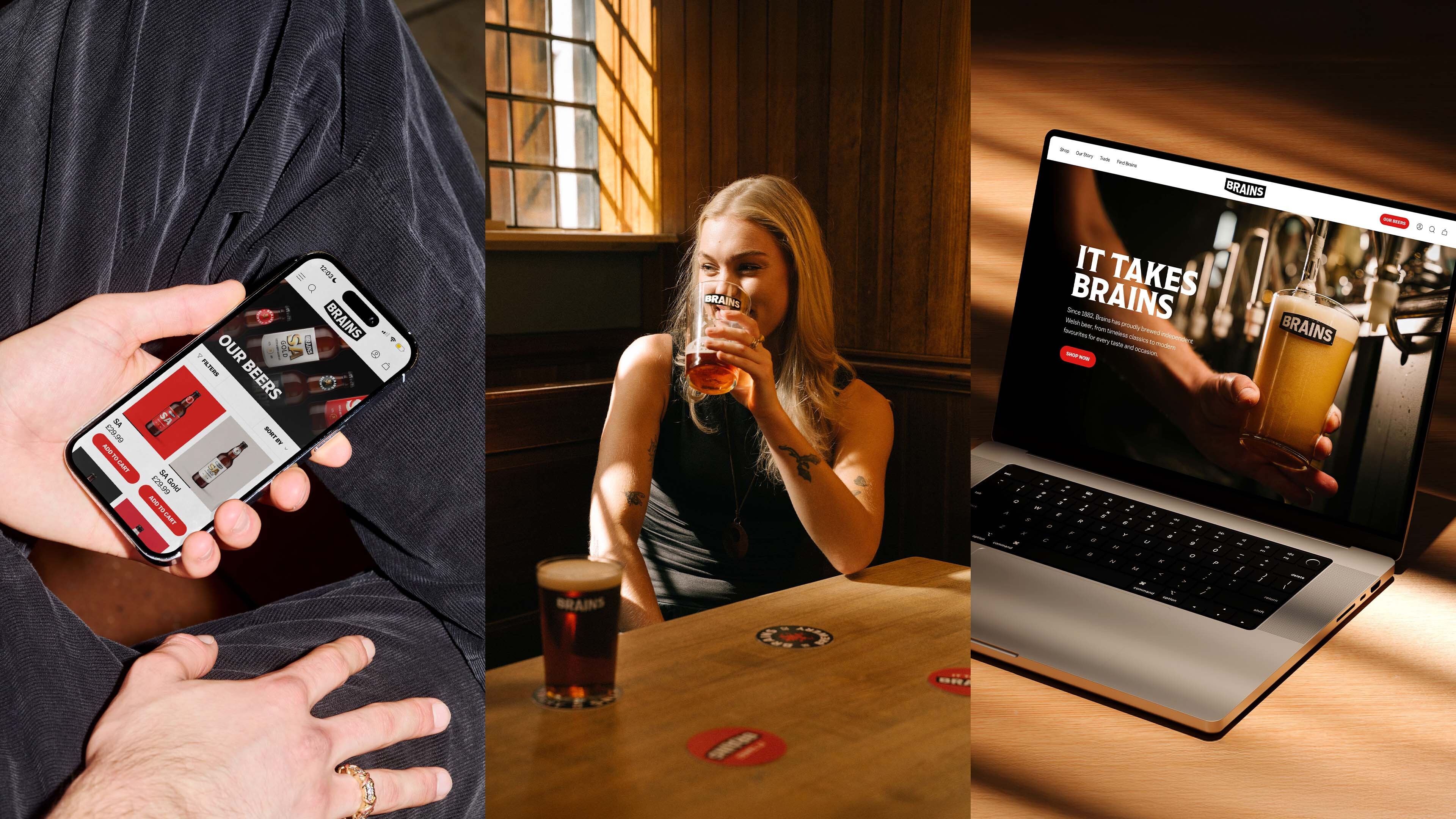Catnic’s wordmark has remained relatively unchanged for over 50 years. It’s always been a bold expression of who they are—engineered, confident and impactful. When we began shaping the identity for its sustainability campaign, we saw an opportunity to harness the recognition of its logos' letter forms. A way to inject ownability without having to create a visually complicated identity.


It all started with numbers…
The sustainability campaign needed to communicate its goals and targets in a way that felt ownable. So we used the logo’s geometry as the foundation for a custom numerical set, sharp, industrial, and rooted in the brand. That small step sparked something bigger. The numbers worked. They felt strong, clean, and recognisably Catnic, so we started developing letters. At first, the simplicity of the logo style made things easy—until it didn’t.
The bold, minimal forms looked great in isolation, but building a full alphabet revealed some unexpected challenges. The ‘U’, for example, started to read too much like a ‘V’. A handful of characters began to blur into each other, and without enough contrast, legibility suffered. To solve it, we introduced diagonal cuts and angular details, small shifts that gave each letter its own character without breaking the design system. Those diagonals not only improved readability, but also gave the typeface more rhythm and visual interest, helping it feel more purposeful than purely geometric.
We also designed a set of ligatures for common pairs like ‘ij’ and ‘fi’, helping the tight spacing hold up cleanly across all kinds of headlines. As we refined the typeface, we noticed certain combinations needed more tweaks. When the sharp terminal of the 'r' and crossbar of 't' met the open curve of an 'a', the flow felt off and a little jarring. So we created custom ligatures for ‘ra’, ‘rt’, and ‘rf’, softening those joins and bringing more balance to the letterforms. It’s a subtle detail, but one that keeps the font feeling compact and engineered, without sacrificing clarity or rhythm.
Designed for Expression, Built for Brand
The display font isn’t meant to replace Catnic’s primary typefaces. It’s a tool for specific moments, like when a campaign, sub-brand or internal engagement needs to speak with more edge, more confidence, more Catnic. It’s already working hard across sub-identities like the Sustainability, Urban Legends, and Build It Better campaigns. And because it's built from the same core DNA as the wordmark, it doesn’t fight the brand; it extends it.



There’s a certain joy in creative curiosity. The love of design, the what if... and the pleasure you get if it leads to something genuinely useful. It’s also the kind of design that comes from being close enough to a brand to sense what it needs before it asks. Next stop… Uppercase.
